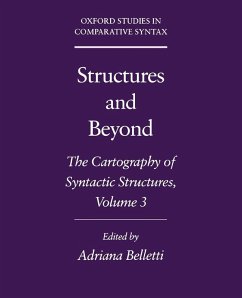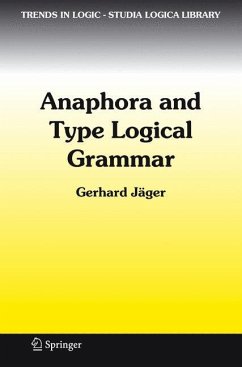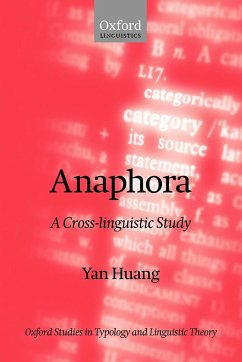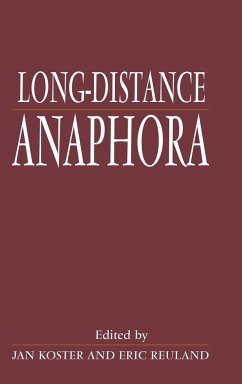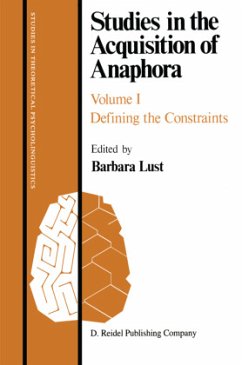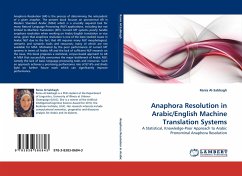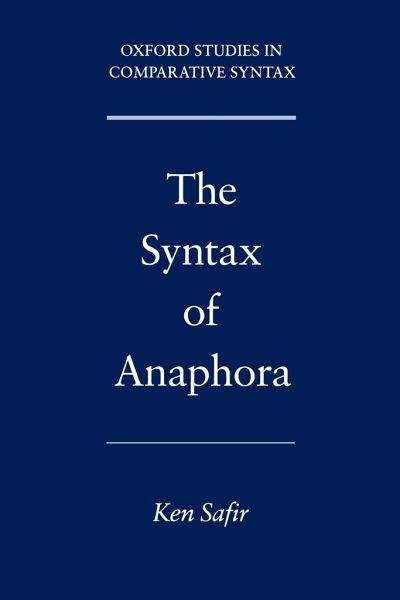
The Syntax of Anaphora
Versandkostenfrei!
Versandfertig in 1-2 Wochen
125,99 €
inkl. MwSt.
Weitere Ausgaben:

PAYBACK Punkte
63 °P sammeln!
Safir's monograph develops a theory about the role of anaphora in the formulation of general syntax. He presents the following proposals: firstly, that the complementary distribution of forms that support anaphoric readings is not accidental; secondly, that dependent identity relations are always possible where they are not prohibited by a constraint; and lastly, that there are no parameters for anaphora - that all anaphora-specific principles are universal, and that
the patterns of anaphora across languages arise entirely from lexical properties. The goal of this thoroughly comprehensive look at the phenomenon of anaphora is to fundamentally redirect current thinking on the subject.
the patterns of anaphora across languages arise entirely from lexical properties. The goal of this thoroughly comprehensive look at the phenomenon of anaphora is to fundamentally redirect current thinking on the subject.
In this work, Ken Safir develops a comprehensive theory on the role of anaphora in syntax. First, he contends that the complementary distribution of forms that support the anaphoric readings is not accidental, contrary to most current thinking, but rather should be derived from a principle, one that he proposes in the form of an algorithm. Secondly, he maintains that dependent identity relations are always possible where they are not prohibited by a constraint.
Lastly, he proposes that there are no parameters of anaphora - that all anaphora-specific principles are universal, and that the patterns of anaphora across languages arise entirely from a restricted set of lexical properties. This comprehensive consideration of anaphora redirects current thinking on the
subject.
Lastly, he proposes that there are no parameters of anaphora - that all anaphora-specific principles are universal, and that the patterns of anaphora across languages arise entirely from a restricted set of lexical properties. This comprehensive consideration of anaphora redirects current thinking on the
subject.





